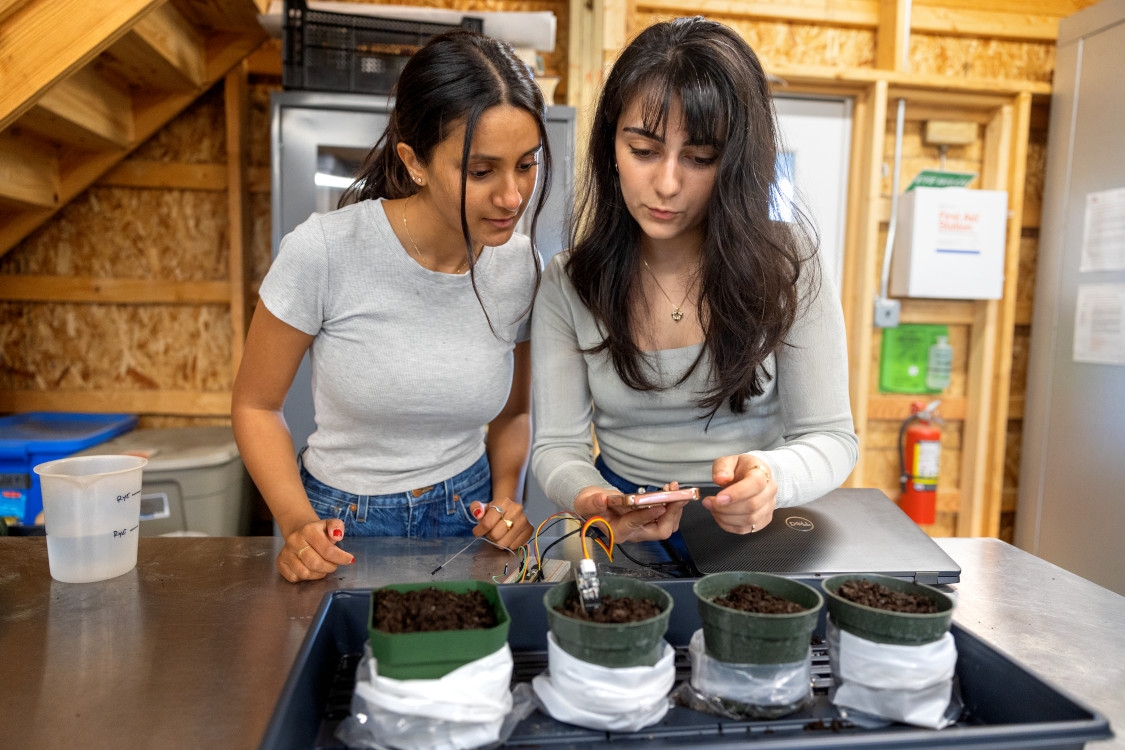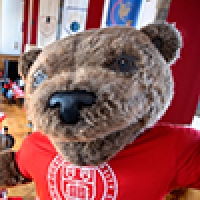Learning Outside the Classroom

Blog Post
When students imagine what college is like, they may expect to be attending classes, doing problem sets deep into the night, and reading almost constantly. And it is true that you need to learn calculus and physics to be a successful engineer; however, we also believe that some of the most impactful learning happens outside the classroom. From our perspective, extracurriculars are not “extra.” These activities go hand-in-hand with your academic work, and they are a vital part of your education. I like to call them co-curriculars.
Project Teams
Our Student Project Teams program is one of our most well-known co-curricular opportunities, and you don’t need to be an Engineering student to participate. Cornell has the largest project teams program in the country, with over 30 student-led teams. When you join a project team, you collaborate with students from across the university to accomplish a common goal. You can join a team like CU Air, where students design, build, and operate a custom search and rescue unmanned aerial system. Or you can join a team like Agua Clara and design gravity-powered water treatment plants to help give under-resourced areas access to clean water. Here, you can combine your theoretical and practical knowledge while also experiencing what it is like to work as a team, manage a budget, stick to a timeline, and problem-solve in real time.
Selander Center for Engineering Leadership
Leadership development is an essential part of learning throughout your undergraduate experience. We want students to be able to meet opportunities and face challenges as both a skilled leader and a valuable team member. This is why we have created the “leadership for all” initiative. During your four years as an undergraduate here, the Selander Center staff will help you identify your core values, and develop skills such as effective listening, how to be a courageous follower, and how to receive feedback. These “core 4” will be embedded into your education, giving you a deep understanding of the fundamentals of leadership and who you are as a leader.
Global Experiences
What better way to learn about the world than by going out and exploring it? At Cornell, global learning extends far beyond traditional study abroad programs. Yes, you can live in Paris for a semester, but did you know you can also do a global internship? Did you know you can actually start your college experience off in Spain, attending Universidad de Cantabria? Or that we offer an exchange program with partner colleges, where Cornellians learn alongside students and faculty from across the globe? Also—remember those project teams? Yeah, even those can take you around the world, as a part of teams like Engineers Without Borders or Engineers in Action. So, Cornell doesn’t have just one opportunity for studying abroad; we have many avenues for you to take your education and learn on a global scale.
Experiential learning
Ultimately, what I hope most for students who come to Cornell is that they take full advantage of the opportunities available here. Yes, show up to class and master the academic material. But just as importantly, step into spaces where you can apply that knowledge—where you’ll grow by doing. Seek out the co-curricular experiences that challenge you, help you build meaningful relationships, and push you to develop as both a professional and a person. At the end of the day, your calculus class will help you understand how to calculate change. Your co-curriculars, however, will impact how you make that change happen in the world.

